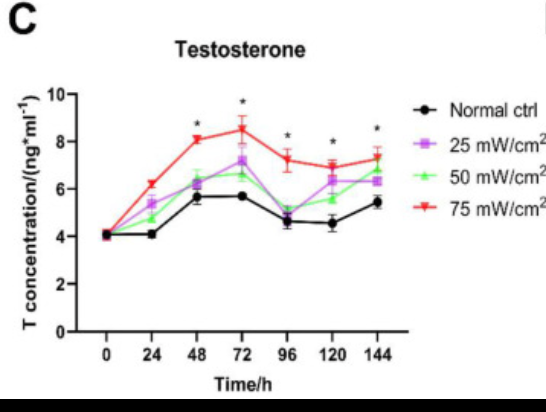You asked for the bioenergetic approach, and I was hoping someone more knowledgeable than me would respond with that but no one has, so I will try.
I imagine that the same Peaty substances that help with depression, autism, and social withdrawal would help you.
Perhaps you don't need to focus on treating the dysphoria with anything specific to that, and it will resolve as you treat the depression or any other symptoms that you have (see below). Maybe dysphoria is just part of how you personally manifest the same high serotonin, low thyroid "syndrome" as others who have depression or autism without dysphoria.
It would be useful to know:
what other symptoms you have? (for example: gut distress, acne, brain fog, ADHD, overweight, struggle to make friends, night sweats, etc)
lab work to see if anything stands out (TSH, Prolactin, Cortisol, CRP, heavy metals, mold, gut dysfunction, lots of others.)
what you've tried (diet, supps, medicines) and what the results were (for all your symptoms, not just dysphoria)
what is your current diet and lifestyle (do you sleep well? do you have any big micronutrient deficiencies? Etc)
Basic bioenergetic ideas to help any mental issue would be:
Take high dose Thiamine, Thyroid hormones, eat more sugar, salt, and protein in order to Increase your metabolic rate to the correct level (as measured by your morning waking temperature) and to lower the stress system (cortisol, adrenaline, serotonin, estrogen)
Lower serotonin by eating a gut-friendly diet, using carrot salad, taking substances like cyproheptadine. Lowering serotonin may be very helpful for you as it is implicated in autism, and I've heard that autism and gender dysphoria are often related. Also your depression and the feelings that you describe sound like what I've read Peaters blame on serotonin.
I think it's likely that gender dysphoria is a result of childhood vaccine induced mild brain damage. I say that because it overlaps a lot with autism (widely regarded in our "alternative health" circles as vaccine induced) and because it has the same huge, inexplicable increase in prevalence across recent generations that autism shows (both were pretty rare before childhood vaccination went into overdrive).
I know of two pathways for vaccine damage:
mild brain damage from inflammation (the adjuvants in the vaccines attacking the brain at the time of vaccination) - this would have to be treated with the things that are healing to the brain. Some ideas: Thyroid hormones, Thiamine, Niacinamide, Pregnenolone, Progesterone (maybe you specifically should proceed with caution with that one as it is feminizing - perhaps haidut's Androsterone instead? I don't know), and anti-stress substances that block cortisol's brain damaging effects.
heavy metal accumulation in your body: the adjuvants in the vaccines - mercury and aluminum. People have proposed various ways of removing these metals. Chelation therapy is apparently very dangerous if you don't know what you're doing, and Ray Peat recommended gentler approaches. Ray advised gently and slowly removing metals over time and said that orange juice and coffee could do that. Another idea is Silica-rich mineral water (like Fiji water) which can apparently remove aluminum over time.
I want to say I don't have experience with most of this, nor am I a Peaty expert at all. There's no one size fits all protocol, for example pregnenolone gives me terrible insomnia and is therefore counterproductive for me, even though it's great for other people.
 3
0 Votes47 Posts4k Views
3
0 Votes47 Posts4k Views